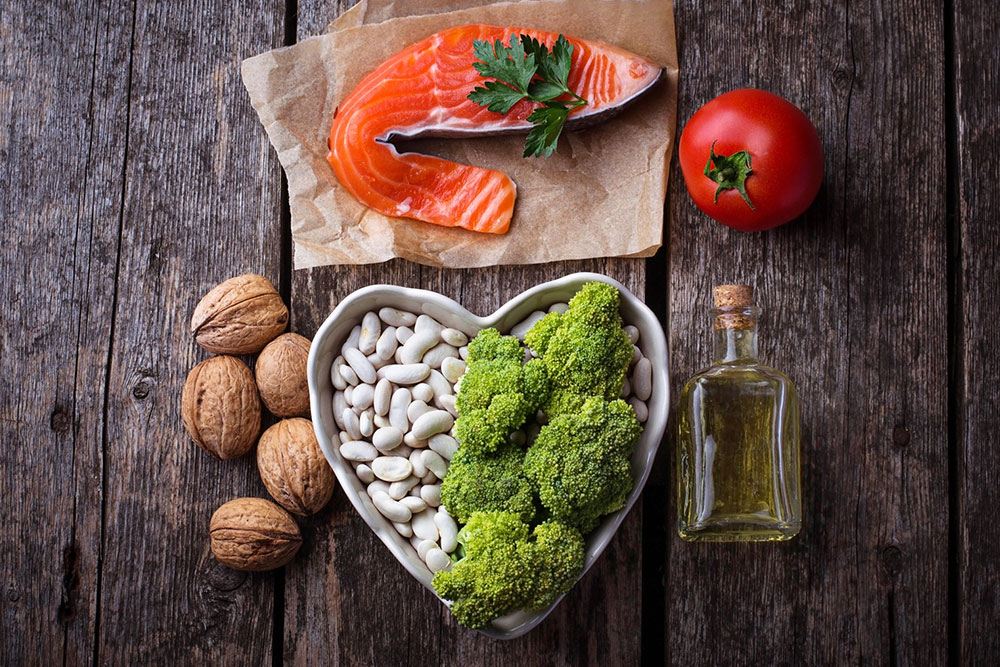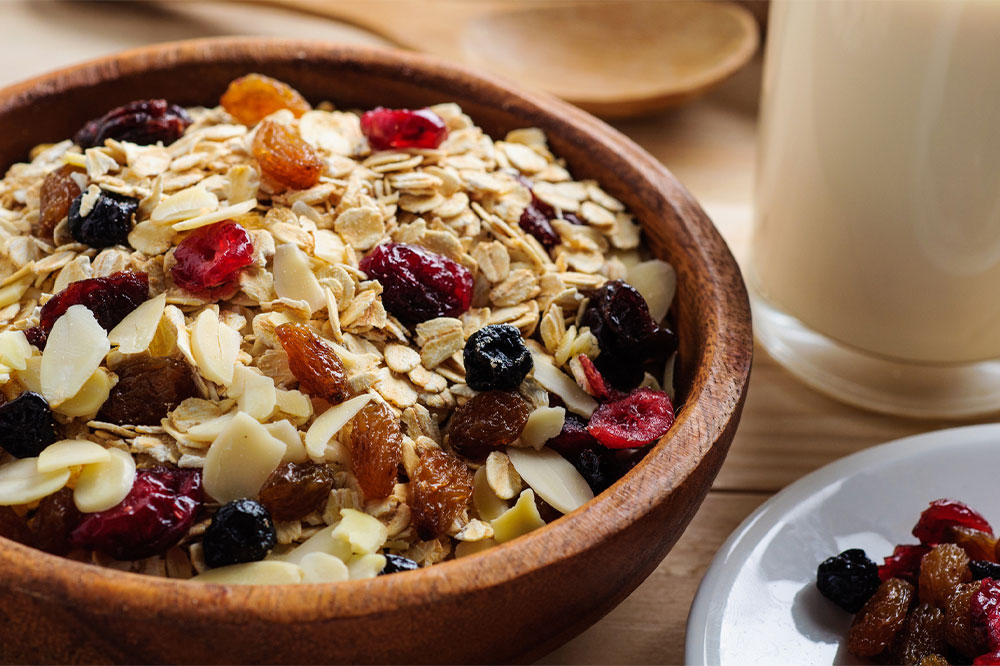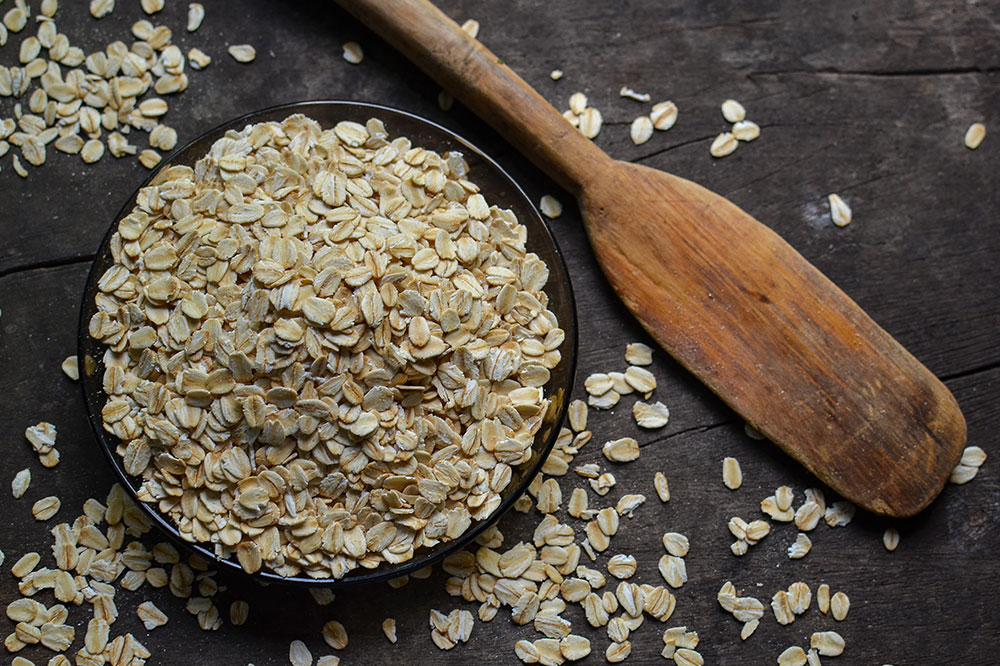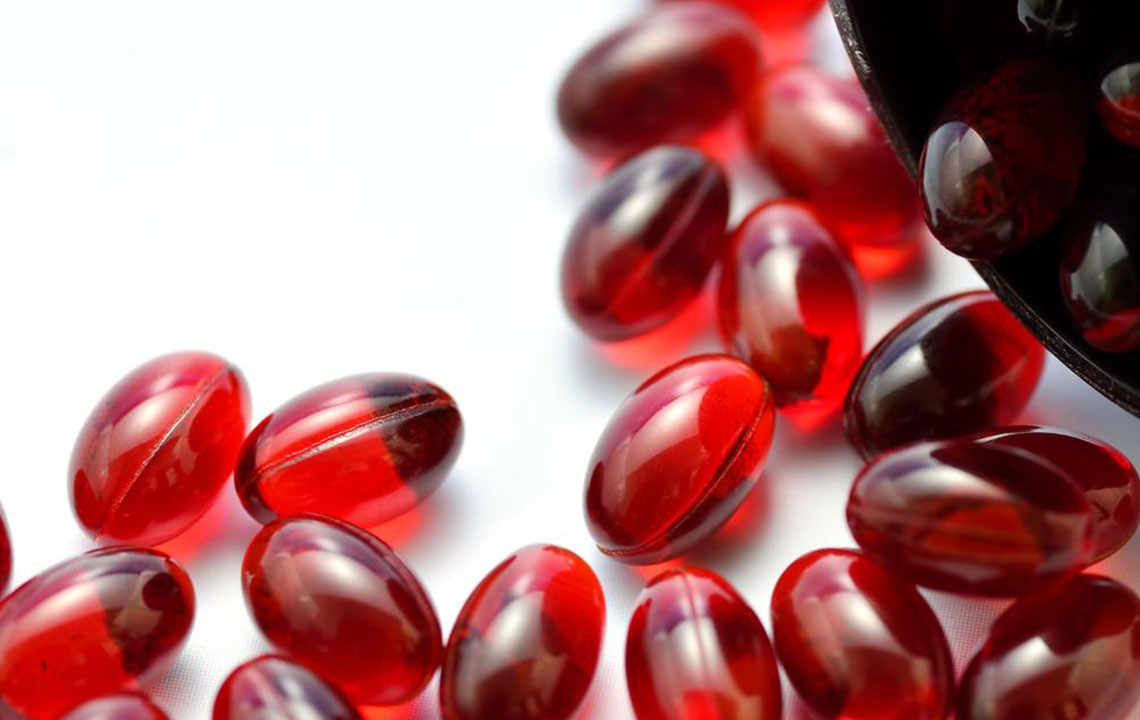Nutritional Strategies for Managing Crohn’s Disease Symptoms
Explore effective dietary strategies for managing Crohn’s disease, emphasizing probiotics, easily digestible foods, and personalizing nutritional choices to reduce symptoms and support gut health. Consult a healthcare provider to tailor your diet and ensure safety.

Nutritional Strategies for Managing Crohn’s Disease Symptoms
Utilizing beneficial bacteria to combat harmful bacteria might sound unusual, but it's a key aspect of gut health. Some health issues caused by bacterial imbalance can be alleviated by consuming probiotics, which replenish the good bacteria in the digestive system. Crohn’s disease is a long-term inflammatory condition affecting the intestines, where the immune system attacks beneficial gut bacteria, leading to their depletion. Probiotics, meaning "for life," help restore this balance, potentially easing symptoms and improving digestion.
Probiotics are vital for maintaining a healthy gut microbiome, supporting digestion and immunity. When disrupted, as with Crohn’s or antibiotic use, it results in intestinal inflammation and poor nutrient absorption. To manage Crohn’s effectively, including probiotic-rich foods in your diet can promote remission and overall gut health.
Probiotics play a significant role in restoring gut bacterial balance and reducing inflammation. While their definitive role in curing Crohn’s isn’t established, incorporating probiotic foods can enhance digestion and strengthen immunity. A tailored diet focusing on easily digestible foods, including probiotics, is crucial for symptom management.
Foods suitable for Crohn’s should be gentle on the stomach, with options like almond milk—ideal for those lactose intolerant—eggs, oatmeal, and pureed vegetable soups. Lean proteins such as steamed seafood, tropical fruits like bananas and papayas, mashed potatoes, and nutrient-rich avocados are also beneficial. Individual responses vary, so dietary choices should be personalized based on tolerance and experience.
Foods to Limit or Avoid
Alcoholic beverages like beer and wine
Butter, mayonnaise, margarine, greasy oils
Caffeinated drinks and chocolate
Fried and fatty foods
Gassy vegetables and spicy foods
Red meats
While probiotics can support overall health, their direct effect on Crohn’s symptoms needs further research. It’s important to consult a healthcare professional before adding probiotic foods, especially if you have a weakened immune system or specific food sensitivities. Proper medical guidance ensures safe and effective dietary management of Crohn’s disease.









